NEA response to Heat Networks: Building a Market Framework
Date: 01st Jun 2020

NEA believes dramatically improving domestic energy efficiency levels remains the most enduring solution to addressing energy affordability and has previously worked with the UK Government to evaluate the impact of district heating projects. District heating can contribute to fuel poverty reduction targets through its ability to provide stable and predictable prices for energy over an extended period of time; reduced worry for households about breakdowns or repairs; the creation of local employment opportunities and contribution to economic growth. Systems using dual or multi-fuel CHP are also better able to respond to (and alleviate) spikes in pricing, thus potentially preventing higher fuel bills for consumers (DECC 2012, Kelly and Pollitt, 2010, HCA 2012). Barriers which effectively prevent the realisation of district heating benefits for the fuel poor include: contractual tie-ins; limited choice of heat sources; system inefficiencies; poor transparency/perceived unfairness of billing calculations; and lack of recourse to independent adjudication (Which? 2015).
Download the full consultation below.
Resources
Further reading
Related articles

National Energy Action (NEA) response to the additional debt-related costs allowance policy consultation
16th Jan 2024
NEA is concerned about the record levels of debt and arrears in the market, recently reaching £2.6bn. This figure demonstrates that an increasing number of households are struggling to afford their ongoing costs of energy and are falling behind. With...
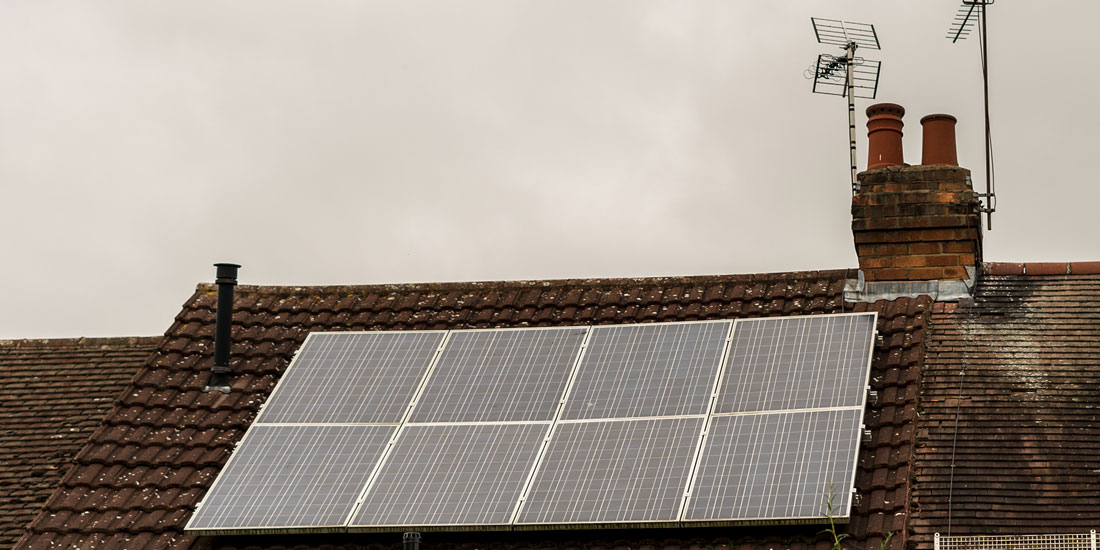
National Energy Action (NEA) response to Just Transition to Net Zero Wales: Call for Evidence
01st Dec 2023
The transition to net zero in Wales will be crucial to ensuring homes are warm and safe, mitigating climate change, and to achieving Welsh fuel poverty targets.

National Energy Action (NEA) response to Heat Strategy for Wales: Open consultation
01st Dec 2023
The transition to zero carbon homes in Wales will be central to ensuring people are warm, healthy and safe. It will also help in Wales’s efforts to mitigate climate change and in achieving Welsh fuel poverty targets. This executive summary...

Smarter Homes for a Smarter Future webinar
28th Apr 2022
Critical factors for the Adoption of Smart Homes for Energy Efficiency

Supporting vulnerable energy customers this winter
26th Jan 2022
This policy briefing highlights the positive steps that can be taken now by the UK Government and energy regulator Ofgem to respond to the current energy crisis and support vulnerable energy customers this winter. It is hoped that this will...

BEIS Future of the Energy Retail Market: call for evidence - NEA response
21st Jan 2022
NEA’s response to the BEIS Call for Evidence on the future of the energy market on a green gas levy.

Adapting the price cap methodology for resilience in volatile markets: NEA response to Ofgem consultation
14th Jan 2022
NEA’s Response to the the Ofgem Statutory Consultation on short term changes to the price cap in April 2022.. NEA believes that the best option for fuel poor households is to “do nothing” and strongly disagrees with the proposals to...

Adapting the price cap methodology for resilience in volatile markets: NEA response to Ofgem consultation
14th Jan 2022
NEA’s Response to the Ofgem Consultation on adapting the price cap methodology in the long term. NEA believes that Ofgem should investigate the viability of a parallel price cap for vulnerable households that has a lower cost base than the...

Phasing out the installation of fossil fuel heating in homes off the gas grid: NEA response to BEIS consultation
13th Jan 2022
NEA broadly agrees with plans to phase out fossil heating, but BEIS must ensure that homes off the gas grid receive adequate support to decarbonise, including through funding hybrid heating technologies; ensure that there is sufficient awareness and advice around...

NEA’s response to Ofwat’s consultation “PR24 and beyond: Performance commitments for future price reviews”
13th Jan 2022
NEA’s response to Ofwat’s consultation “PR24 and beyond: Performance commitments for future price reviews”

Ofgem consultations on reviewing the Price Cap in winter 2021/22 - NEA response
15th Dec 2021
NEA believes that any changes to the price cap should not reduce the protections that are in place for fuel poor and vulnerable households during a significant increase in prices. Further protections could be put in place to provide deeper...

UK Fuel Poverty Monitor 2020-21
30th Nov 2021
This year’s UKFPM identifies the opportunities associated with decarbonising heat for fuel poor households; the barriers they face in doing so; the likely risks of the decarbonisation agenda for them; and which policy developments and interventions are required to ensure...

NEA response to BEIS Consultation: Hydrogen for heat: facilitating a grid conversion hydrogen heating trial
18th Oct 2021
NEA’s response to the BEIS Consultation on hydrogen heating trials. NEA welcomes the plans to deliver a hydrogen village trial by 2025. In this response, NEA sets out the key issues that will need to be considered to ensure fuel...

NEA briefing on Budget & Comprehensive Spending Review (CSR) representations 2021
29th Sep 2021
Our Budget and CSR submissions recommend ways to support struggling households to keep warm this winter at a time when energy prices are increasing, incomes are reducing, and there are other financial pressures on households like rising inflation. It also...

NEA response to Defra’s consultation on a new strategic policy statement for Ofwat
24th Sep 2021
NEA is pleased to respond to this open consultation on a new Strategic Policy Statement for Ofwat, providing our thoughts and suggested amendments on each of the following proposed priorities.

NEA response to BEIS ECO 4 Consultation
01st Sep 2021
NEA welcomes the extension and expansion of the ECO scheme until at least April 2026 and fully supports the consultation's continued, critical focus on low-income and vulnerable households and greater support for deeper retrofits for the least energy efficient homes.

NEA’s response to Ofwat’s Payment, help and debt guidelines consultation, 2021
28th Jul 2021
NEA is pleased to respond to this open consultation on the proposed changes to the guidelines for water companies in supporting residential customers to pay their bill, access help and repay debts.

NEA’s response to Ofwat’s consultation their forward programme 2021/22
22nd Feb 2021
NEA’s response to Ofwat’s consultation on their forward programme for 2021/22 outlines four key areas of focus.
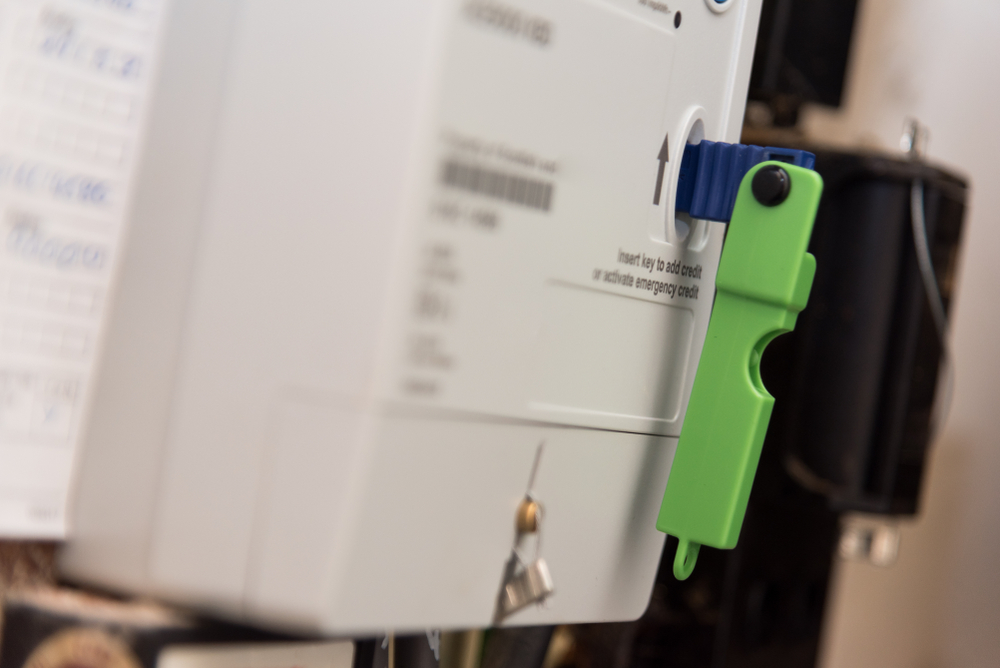
NEA response to Ofgem’s Forward Work Plan 2021-23
16th Feb 2021
NEA’s Response to the Ofgem Consultation on their Forward Work Programme 2021/23 Gas Levy. NEA believes that Ofgem should provide clarity on the actions they will take in the next year of their consumer vulnerability strategy.

NEA response to BEIS Consultation ‘Improving home energy performance through lenders’
08th Feb 2021
NEA’s Response to the BEIS Consultation on Improving home energy performance through lenders. While NEA agrees with the need to move towards Green Mortgages, there are significant risks to fuel poor households that need to be fully understood. These can...
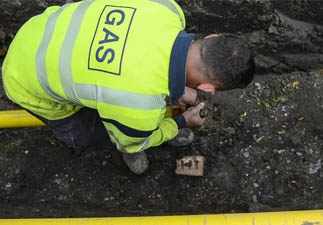
NEA response to Ofgem FPNES Governance Drafting Consultation
29th Jan 2021
NEA’s Response to the Ofgem FPNES Governance Drafting Consultation. NEA fully supports the Fuel Poverty Network Extension Scheme, and is pleased that it will continue until 2026. In order for the scheme to reach its full potential, Ofgem must require...
NEA response to Ofwat consultation: PR24 and beyond - Reflecting customer preferences in future price reviews
28th Jan 2021
NEA’s response to Ofwat’s consultation on the role of customer engagement in the next price review, PR24.
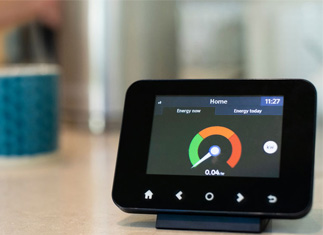
NEA response to Smart meter policy framework post 2020: minimum annual targets and reporting thresholds for energy suppliers
15th Jan 2021
NEA supports the smart meter rollout, and broadly the mechanism for attributing targets to suppliers for the next phase. However NEA believes this could be improved through the addition of targets specifically to upgrade legacy prepayment meters, as well as...

NEA response to CCW’s Water Affordability Review call for evidence
15th Dec 2020
NEA’s Response to the CCW Call for Evidence for the Water Affordability Review. NEA considers all aspects of the current affordability support in water, highlighting areas of best practice, possible improvements and learnings from other sectors to help develop a...

NEA Cymru response to the Welsh Government Tackling Fuel Poverty 2020–2035 Plan
15th Dec 2020
Despite positive attempts to end fuel poverty in Wales, the statutory targets that were in place to eradicate the scourge of cold homes were missed and fuel poverty continues to be a devastating problem. Here, we respond to the Welsh...

Response to Ofgem consultation 'Extending protections for domestic customers who may have prepayment meters installed under warrant
08th Dec 2020
Overall, NEA is pleased that Ofgem is seeking to extend protections for domestic customers who may have prepayment meters installed under warrant (Electricity and Gas Supply Standard Licence Condition 28B). We fully support this approach and it will be necessary...

Comments on Provisional Findings of Water Redeterminations 2020
28th Oct 2020
NEA recognises that many low-income households experience affordability issues with their essential household bills, rarely struggling with one bill in isolation, and as a result is delivering a programme of work which seeks to support ‘People Living in Water Poverty...
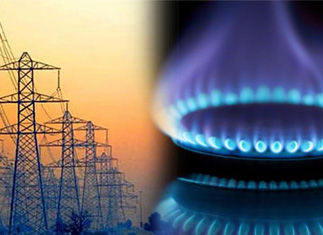
NEA response to Ofgem’s RIIO 2 Sector Specific Consultation (ED2)
17th Oct 2020
NEA has extensively engaged with Ofgem the DNOs to help shape this price control, through stakeholder meetings, workshops, and through working with Ofgem in the RIIO 2 working groups. NEA is so far pleased with Ofgem’s approach in the ED2...

NEA response to Ofgem’s self-disconnection and self-rationing final proposals
23rd Aug 2020
NEA response to Ofgem’s self-disconnection and self-rationing final proposals

BEIS Smart Metering Implementation Programme: Consultation on future co-ordinated consumer engagement
17th Aug 2020
In response to the NAO’s report7 in 2018 on smart meters we highlighted our concern that the smart meter roll-out was significantly back-loaded.

NEA response to the Labour Party Consultation on a Green Recovery
14th Jul 2020
Respiratory and circulatory diseases are linked to living in a cold and damp home and amongst those living with fuel debt. NEA believes that given the outbreak, it’s now even more crucial to help keep people warm and well in...

Response to Innovation funding and competition: further consultation on design and implementation
27th Jun 2020
NEA recognises that many low-income households experience affordability issues with their essential household bills, rarely struggling with one bill in isolation, and as a result is delivering a programme of work which seeks to support ‘People Living in Water Poverty...

The Gathering Storm: Utility debt and COVID-19
19th Jun 2020
The COVID-19 outbreak has already had a significant impact on household finances, especially those that already struggle with the costs of essential services. But there is a bigger gathering storm. Existing debt issues within the water and energy sectors are...

Response to Ofwat innovation funding and competition: further consultation on design and implementation
17th Jun 2020
In our January 2020 response to Ofwat’s forward work plan, we acknowledged that driving innovation across the water sector was vital to address the strategic challenges the industry faces. We believe the innovation competition allows an additional opportunity for companies...

NEA response to Ofwat Forward Work Programme 2020-21
26th Feb 2020
Driving consumer and societal outcomes through company performance should remain a key ambition of Ofwat so that it can continue to demonstrate the legitimacy of a privatised water sector even with the reduced risk of re-nationalisation following the recent general...

NEA response to Citizens Advice Draft Consumer Work Plan 2020-21
17th Jan 2020
Over the last year, NEA has worked alongside Citizens Advice on a number of issues in order to facilitate better outcomes for fuel poor and vulnerable households in the energy market.

NEA response to Ofgem’s Forward Work Programme 2020/22 Consultation
17th Jan 2020
Over the last year, NEA, alongside other consumer groups, worked with Ofgem to secure some key improvements in the treatment of domestic customers. In particular, we worked to ensure that low income and vulnerable customers had adequate protections in gas...

NEA response to Delivering a Smart System: Consultation on a Smart Meter Policy Framework post 2020
18th Nov 2019
NEA has a long-standing interest in smart meters and their roll-out in Great Britain and Northern Ireland, particularly with regard to their impact on vulnerable consumers. NEA believes that smart metering has the potential to provide real benefits for vulnerable...
Climate Change Environment and Rural Affairs Committee: Inquiry into fuel poverty
18th Nov 2019
NEA Cymru welcomes the opportunity to respond to the committees inquiry in to fuel poverty and would like to thank the Committee for focusing on this important issue.
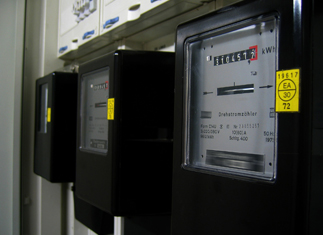
NEA response to Ofgem’s consultation “Proposals to improve outcomes for consumers who experience self-disconnection and self-rationing”
22nd Sep 2019
The proposals made in this consultation will undoubtedly have a material affect on the number of customers that self-disconnect and self-ration. They are broadly in line with a number of suggestions that NEA made within our response to the preceding...

NEA response to the Joint BEIS and Ofgem Consultation “Flexible and Responsive Energy Retail Markets”
22nd Sep 2019
NEA believes dramatically improving domestic energy efficiency levels remains the most enduring solution to addressing energy affordability, however, we also know other key actions are required in retail energy markets to safeguard vulnerable domestic customers, particularly those living on the...

NEA response to BEIS Consultation: ECO – Improving Customer Protections
05th Aug 2019
Given the stated aim to target low income, fuel poor and vulnerable households; NEA believes it is paramount that beneficiaries of the scheme receive adequate consumer protections.

NEA response to Ofwat’s draft determinations PR19
01st Aug 2019
NEA welcomes Ofwat’s recognition of affordability issues with water bills, highlighted by the 3 million customers in England and Wales saying they struggle to pay their water bills. Ofwat’s interventions to ensure bills are reduced by over 12% before inflation...
© 2024 NEA all rights reserved.

